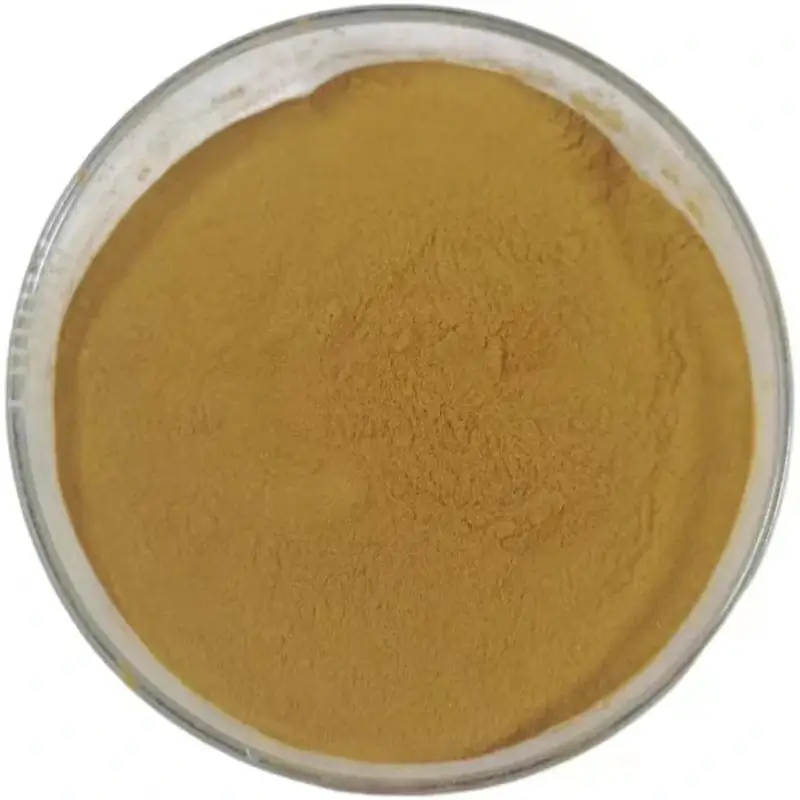
Sep . 10, 2024 22:52 Back to list
abdominal bloating
Understanding Abdominal Bloating Causes and Remedies
Abdominal bloating is a common condition that many people experience at some point in their lives. It’s characterized by a feeling of fullness or swelling in the abdomen, often accompanied by discomfort. While bloating can occur in anyone, understanding its causes and potential remedies can help manage this uncomfortable sensation effectively.
Bloating can be triggered by various factors, ranging from dietary choices to gastrointestinal conditions. One of the most common culprits is the consumption of gas-producing foods, such as beans, lentils, broccoli, onions, and carbonated beverages. When these foods are digested, they can create gas in the intestines, leading to bloating. Additionally, swallowing air while eating, drinking, or even talking can contribute to the problem.
Another significant factor in bloating is food intolerances or sensitivities, particularly to lactose and gluten. For individuals with lactose intolerance, consuming dairy products can lead to excess gas and bloating, whereas people with celiac disease may experience similar discomfort after ingesting gluten-containing foods. It’s crucial to identify and avoid such triggers to alleviate bloating symptoms.
Medical conditions can also play a role in bloating. Disorders such as irritable bowel syndrome (IBS), inflammatory bowel disease (IBD), and gastroesophageal reflux disease (GERD) may cause chronic bloating and should be evaluated by a healthcare professional. Sometimes, bloating can be a symptom of more serious health issues, including ovarian cysts or certain gastrointestinal blockages, warranting immediate medical attention.
abdominal bloating

Fortunately, there are various ways to alleviate abdominal bloating. First and foremost, dietary adjustments can be effective. Keeping a food diary can help identify which foods trigger bloating and should be minimized. Incorporating smaller, more frequent meals rather than large ones can also reduce the burden on your digestive system.
Hydration is essential too. Drinking plenty of water can help facilitate digestion and reduce the concentration of gas. Herbal teas, such as peppermint or ginger, may also provide relief from bloating, as they are known for their soothing properties.
In addition to dietary changes, physical activity can aid digestion and minimize bloating. Even a simple walk can help get things moving in the digestive tract, reducing discomfort.
In conclusion, while abdominal bloating is a common issue that can be bothersome, understanding its causes and implementing strategies to manage it can improve your overall well-being. If bloating persists or is accompanied by severe symptoms, seeking medical advice is advisable to rule out any underlying conditions.
-
Premium China Bacillus Subtilis Supplier & Factory Solutions
NewsJul.30,2025
-
Premium Avermectin Supplier in China | Custom Solutions Available
NewsJul.29,2025
-
China Bacillus Subtilis Supplier - Custom Factory Solutions
NewsJul.29,2025
-
China Salivation: Leading Custom Salivation Supplier & Factory Solutions
NewsJul.29,2025
-
Leading Lincomycin Hydrochloride Manufacturer & Supplier with High Purity
NewsJul.29,2025
-
Bio-Enzyme Yogurt Growth Promoter Factory - Top Quality Manufacturer & Supplier
NewsJul.28,2025




